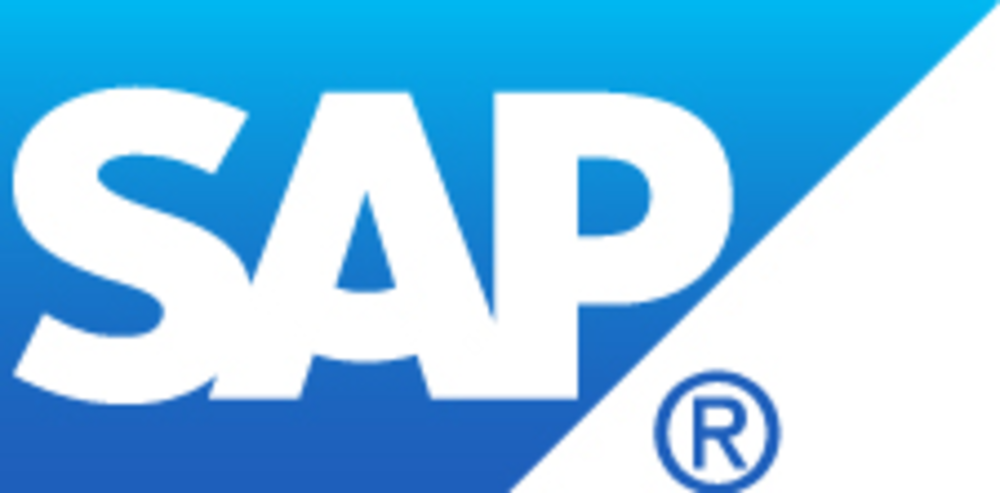German enterprise software giant SAP last week announced the acquisition of Gigya, a firm that aids in the management of customer profiles and identities online.
The Mountain View, California-based Gigya has 1.3 billion customer identities in their portfolio, which is now under SAP’s umbrella. The merger hopes to expand SAP’s reach with this wider range of profiles, targeting Gigya’s base also as an outlet for eCommerce service sales.
SAP’s acquisition of Gigya highlights the increasingly prominent role that Customer Identity and Access Management (CIAM) is playing in the EU’s General Data Protection Regulation (GDPR), as well as compliance and hyper-personalized customer engagement.
“CIAM is already helping global 2,000 companies highly personalize a seamless traditional web and mobile omnichannel experience for their end users through traditional login, social login and single sign-on authentication solutions,” says Jim Kaskade, CEO of Janrain. “By building detailed digital profiles of their customers using their likes, interests and activities recorded in social networks, CIAM helps brands deliver the personalized communication consumers increasingly expect.”
SAP’s existing Hybris customer profile data-matching tools can combine with Gigya’s user identity management and access platforms to accomplish this engagement.
As a result of tech giants like SAP and Gigya continuing to grow the role of CIAM, the resulting security and management of an omnichannel customer experience will soon span the many IoT devices beyond traditional smartphones.
A new connection between customer and management
Personalization is a key focus of CIAM’s role in customer engagement. With over one billion customer identities, SAP can effectively cater to a seemingly endless number of users by using their omnichannel integration, which helps businesses obtain data like whether customers shop online, in stores or on mobile. This information can enable businesses to choose the optimal strategy for marketing, web design and other conversion-related factors.
“Customers today demand that brands factor in all of the clues they provide about who they are through social media engagement, browsing activity and other touchpoints and interactions every time they engage with them — in real time!” points out Kaskade. “CIAM ensures that brands customize communications as customers jump back and forth between web, mobile, social media and other properties.”
SAP’s reputation with regulation compliance combines with their opt-out option for customers, helping give consumers control of their data, to make their reputation a sturdy one that should continue to grow the role of CIAM in business. Transparent for consumers and rich with data for businesses, the dual benefits of CIAM make its growth to the point of IoT device proliferation seemingly imminent.
SAP is seizing on the increasing recognition of profiles within the online sphere. On sites all over the web, users can connect with their social media profiles and engage differently with the site, such as commenting on articles and sharing posts. The growing familiarity with interlinked profiles aligns with a growing sentiment among web users that customer identities and profiles are something to be anticipated throughout the web.
The importance of compliance and quality management issues
The merger will also strengthen SAP’s ability to ensure that European companies are complying with the EU’s GDPR. Since Gigya reports as having over 700 big businesses as users, the expansion of SAP’s portfolio will make following up with participants more seamless, in addition to addressing any GDPR compliance concern. The growth of SAP’s customer profile base will ensure that business disruptions remain minimal since they can use SAP resources to ensure that everything complies.
Compliance is essential for any successful business since the GDPR can fine for penalties of up to €20 million or four percent of global annual turnover — whichever is higher. Additionally, failing to can leave a bad taste in the mouths of customers, who may rather take their business elsewhere to a competitor in compliance. Overall, failing to comply isn’t a good look and can cost millions.
Regardless of the specific regulation a business is trying to comply with, whether it’s the GDPR or the ISO 9001 standard (the world’s most widely recognized quality management standard), it’s often worth devoting resources and time to compliance.
A PwC survey found that 68 percent of U.S.-based companies anticipated spending $1 million to $10 million to meet their GDPR requirements, with an additional nine percent anticipated to spend over $10 million. It’s an expected expense, in many cases, well worth it.
SAP’s acquisition of Gigya is an example of the continuing rise of CIAM and its notable role in customer management and regulatory compliance.








